Buying your first home can be a daunting task, especially with the state of the housing market. While you may be a few steps away from your new home, these best practices for buying a home in 2022 will ease the pressure of the home buying process and help you become a homeowner. Check them out, and don’t forget to reach out to your local mortgage lender regarding any questions on the financing process!
List Your Main Home Goals & Wishes
First and foremost, home shoppers need to determine the type of home best suited to their needs. For example, if you are looking to purchase a home for investment purposes, a duplex may best suit your needs, or if you are just starting a family, a low-maintenance condo will put more time in your hands to care for a young child. Once you have a type of home in mind, you’ll want to get to the bottom of your home goals and wishes by creating a list of your needs, non-negotiables, and nice-to-have features. For example, if a family expansion is in your future, extra bedrooms may be necessary, or if you own a pet, a large yard may be needed. This list of features you want and need in a new home will make the shopping process more manageable by remaining focused on your needs but keeping your nice-to-haves in mind.
Maintain Your Credit
While opening a new line of credit like a credit card or a personal loan can be tempting to help cover the costs of moving into your first home, this may not be the best time to do so. Your local mortgage lender will pull your full credit report during the pre-approval process and then a second time during the closing process on your home and its corresponding loan. If your lender finds that you have taken on additional debt, started making payments late, or your overall credit balance has increased, the final approval could be put at risk. Therefore, it’s essential to keep paying bills on time and avoid risky spending to establish yourself as a consistent and reliable borrower.
Secure a Down Payment
Saving 20% of your loan value is recommended for taking out a mortgage loan to avoid private mortgage insurance (PMI) on conventional loans. These days this can be an overwhelming task, but as a first-time buyer, you may have access to state programs, tax breaks, and (FHA) loans. A top priority of the (FHA) Federal Housing Administration is to assist first-time homebuyers with purchasing their first home, including down payment assistance. If you qualify as a first-time homebuyer, this will open the doors to apply for several down payment assistance loans and grants. Additionally, many first-time home buyers use Private Mortgage Insurance (PMI) to be able to put down a less than 20% down payment but still provide their lender with security on their down payment and mortgage!
Submit Your Offer with Confidence
While it may be love at first sight, homebuyers should never submit an offer on a home without being 100% committed to the purchase. Without being 100% committed, you could risk losing your earnest money deposit or “good faith deposit,” which typically equals 1-3% of the total home price and goes towards the down payment. You’ll lose the earnest money deposit if you back out of the sale for any reason not listed in your offer letter. To best avoid this situation, you’ll want to get a pre-approval to be sure you have the financing to back any offer you make on a home. However, knowing that a pre-approval differs from a pre-qualification is essential. A pre-qualification is an estimate of the loan amount you can get based on an informal evaluation of your income and other information. In contrast, a mortgage pre-approval is an official document from your local lender that tells you exactly how much loan money you can get based on your official financial records. In today’s most competitive markets, having a pre-approval to strengthen your offer is recommended before you even start shopping.
Don’t Forget Closing Costs
Before taking control of purchased property, you’ll need to account for closing costs, which are upfront expenses that go to your lender to arrange certain services. These are not included in the down payment and generally range from 2 – 5% of the total mortgage amount. First-time buyers can sometimes qualify for government-backed grants or loans to assist with these costs but should always be prepared to cover them. The most common closing costs buyers should prepare for are as follows:
- Attorney fees
- Pest Inspection fees
- Appraisal fees
- Escrow fees
- Homeowners Insurance
- Title insurance expenses
- Discount points
- Property taxes
These exact costs will be on a document called a Closing Disclosure. In some cases, buyers can ask the seller to help cover these costs or take advantage of offered seller concessions. Seller concessions are when a seller agrees to cover a percentage of closing costs or specific fees they’ve chosen to offer.
Never Stop Learning
Once you are finally a homeowner, don’t forget to consider seeking homeownership education resources. With constantly changing market conditions, these courses can help you avoid costly mistakes, prioritize smart investments, and build sweat equity in your first home. To start out, several courses are available specifically for first-time buyers, which can help budget and manage finances or calculate your home affordability. These courses can be found online or in-person and, in some cases, offer financial perks such as closing cost assistance.
Shopping for your first home in 2022? Be prepared to make a solid offer on your new home with a mortgage from Mechanics Cooperative Bank on your side! Contact us today to get started.
{{cta(‘36364d8b-197e-4597-b02e-ce165efcf9d5′,’justifycenter’)}}





